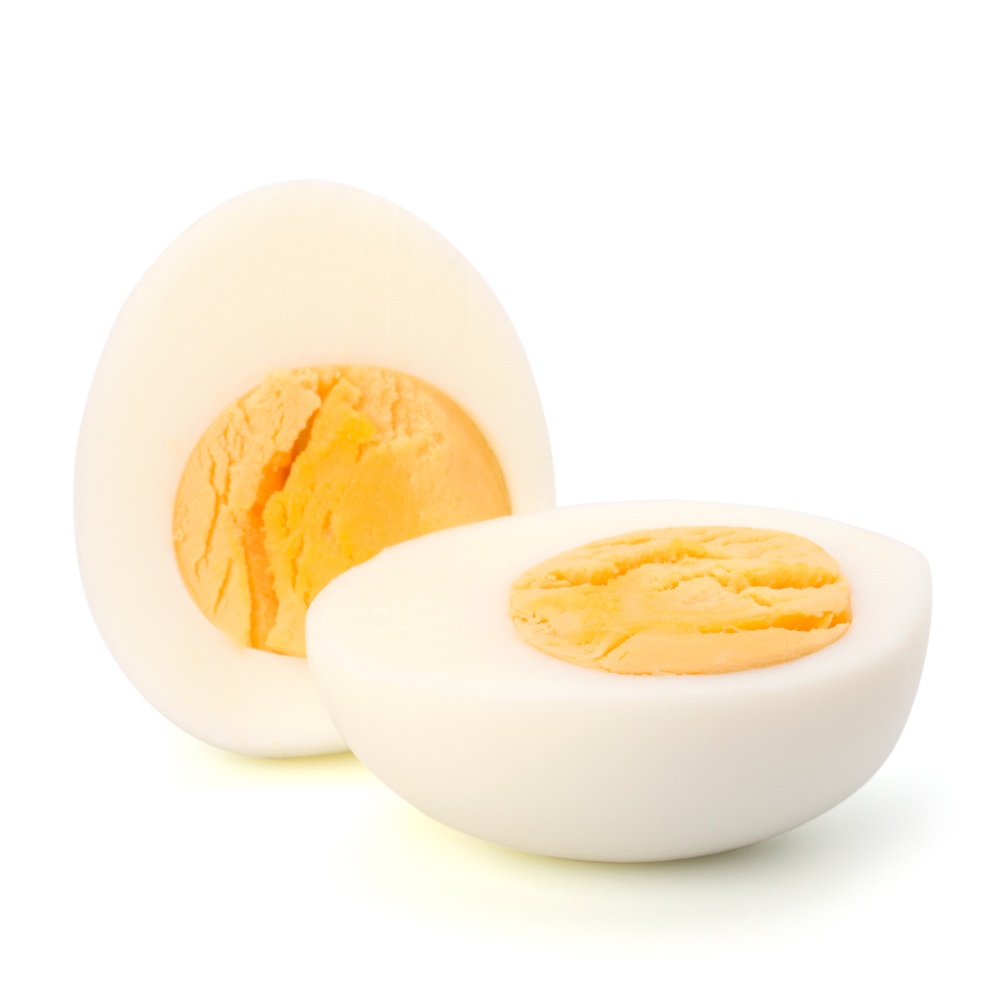Helping You Feel Satisfied after Weight Loss Surgery – the Power of Protein

In a previous article I introduced the concept of getting the most from what you are eating, in particular, feeling satisfied after eating. Whilst the purpose of weight loss surgery is to help you feel satisfied on a smaller amount of food, the type of foods you choose is important to help maximise this. There are two key ingredients in helping you to feel satisfied after eating:
1. High fibre, low glycemic index carbohydrate-containing foods
2. Protein-containing foods.
The previous article explored the glycemic index, or GI. This article focuses on protein. Protein-containing foods help us feel satisfied for longer after eating, which is helpful in managing our weight.
Protein is also involved in many bodily functions including:
-
building and repairing body cells such as bone, hair, skin, nail and muscle
-
producing hormones to help us burn stored energy, including body fat
-
making enzymes to help digest food
-
helping to protect our body against colds, hair loss, muscle weakness, and fatigue.
Not eating enough protein can result in:
-
a weaker immune system
-
muscle loss
-
hair loss
-
inadequate weight loss.
Why am I at risk of inadequate protein intake after weight loss surgery?
As indicated in the protein counter (on my website), meat products contain the most protein per serve.
An Australian study from The St George Upper GI Clinic in Sydney, Australia, found that those with a gastric band often find red and white meat difficult to tolerate whilst fish was tolerated more easily. Some people who have had sleeve gastrectomy and gastric bypass also reported difficulty eating these foods but it was far less common than it was among those with a gastric band.
Red meat and chicken breast can be more difficult to eat if they are dry, overcooked, stringy, or if they have been reheated. Any meat can be difficult to tolerate if you are not using the correct eating technique. Some people will then avoid these foods, when working on improving eating technique may allow them to eat these foods comfortably.
Food tolerance varies from person to person and is found by trial and error. Tolerance of all foods can be improved by following the correct eating technique as I have discussed previously.
Following all surgeries, you will be eating smaller amounts of food. A reduced intake of food causes a decrease in protein intake. In the early stages following surgery, people who have had a sleeve gastrectomy or gastric bypass are likely to tolerate only very small quantities of food. When you eat your meals, eat the protein-containing food first to ensure you have room for this important nutrient.
How much protein do I need?
There is no one exact recommended protein intake following weight loss surgery. A range of 60-120g has been suggested, however your individual protein needs will vary depending on your age, gender and your particular stage of recovery. It is best to speak to your dietitian about your protein needs. You can then use the protein counter below to see how you can achieve this.
It is easy to confuse the weight of food with the protein content. For example, some may assume 100g of meat provides 100g of protein. This is not the case. Head to my website for a simple table on the protein content of common foods.
Lean protein foods are the best choices, as they are lower in fat, particularly saturated fat. Meat should be trimmed of fat and chicken should have skin removed. Low fat milk, yoghurt and reduced fat cheeses are recommended.

Margie14 31
Posted
Ouch, can't you put the grams to ounces for those of us that are metrically illiterate here in the states?
100 g = approximately 3,5 ounces Y'all. Good article though!
Share this comment
Link to comment
Share on other sites